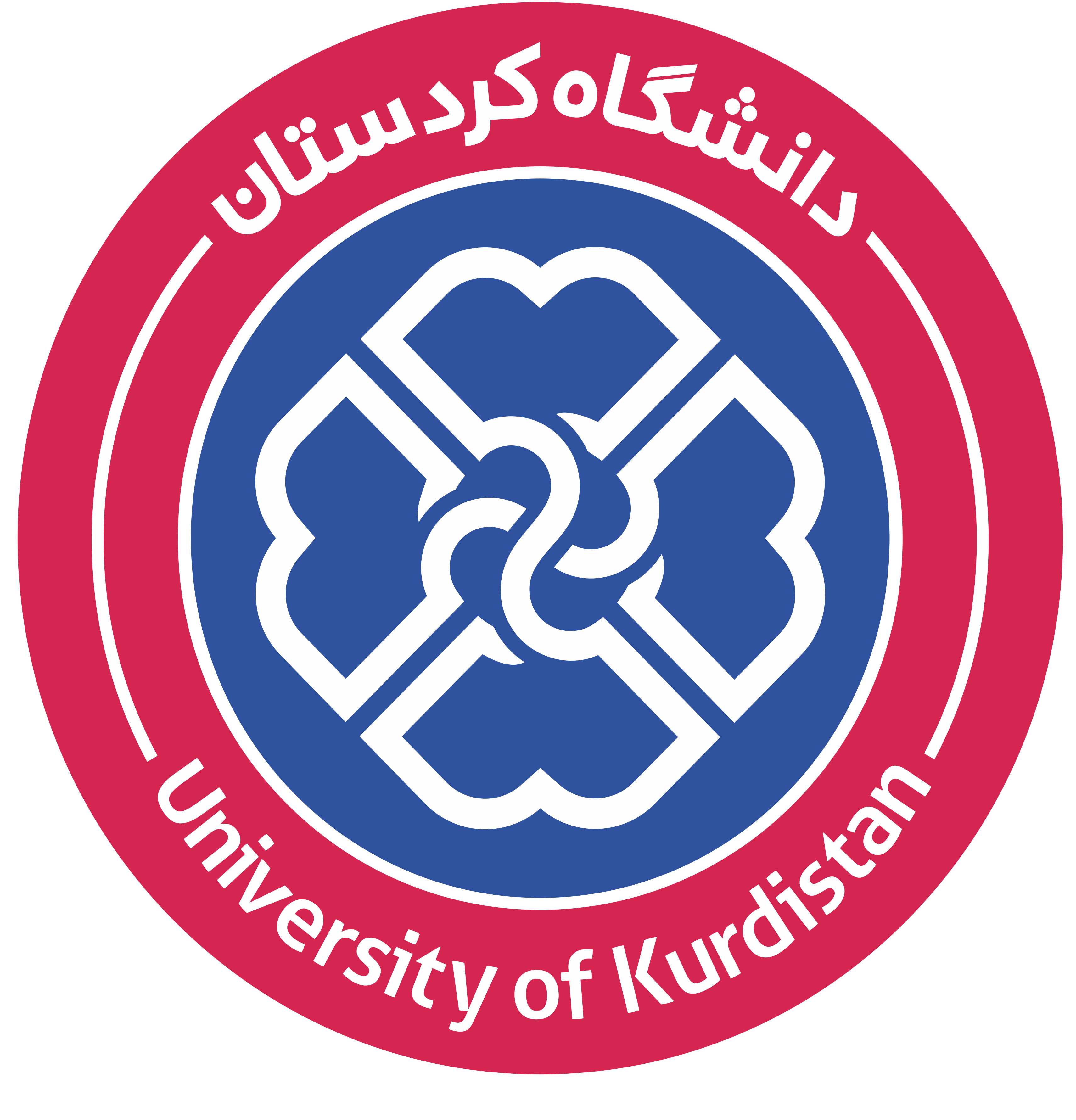Confirmation of International Standing and the University of Kurdistan’s Excellence in Quality Indicators
Announcement of the QS Asia 2026 Rankings

The Office of International Affairs at the University of Kurdistan announced:
According to the official report published by the Islamic World Science and Technology Citation and Monitoring Institute (ISC), the results of the QS Asia 2026 rankings — one of the most reputable global university assessment systems — have been released. In this comprehensive evaluation, which included 1,529 universities across the continent, the University of Kurdistan secured the rank of 532 among Asian universities, thereby consolidating its rightful regional position. The university is also listed among the 48 prominent institutions of the Islamic Republic of Iran included in this ranking system.
Emphasizing the importance of sustained participation and qualitative improvement in global rankings, the Director of International Affairs at the University of Kurdistan stated that the university’s performance across the eleven QS Asia 2026 indicators—particularly in areas related to academic staff and research impact—reflects a robust academic infrastructure.
Data analysis indicates that the university has achieved outstanding scores in the following key indicators:
• Quality of academic staff: The University of Kurdistan obtained a perfect score of 100 out of 100 in the indicator measuring the proportion of faculty members holding doctoral degrees. This score demonstrates the high standard of the teaching staff and the university’s commitment to recruiting distinguished scholars.
• Impact of scholarly articles: In the critical indicator of citations per paper, the University of Kurdistan achieved a score of 81.6. This high score signifies the notable impact and frequent citation of the university’s research outputs within international scholarly communities.
• International research network: With a score of 75.7 in the international research network indicator, the university has demonstrated effective engagement in cross-border scientific collaborations.
The Office of International Affairs concluded by stating that this achievement is the result of the continuous efforts and interdisciplinary collaborations of the university’s faculty and researchers. To further strengthen international engagement, the office will diligently pursue strategic programs aimed at elevating the university’s standing in the coming years.


















